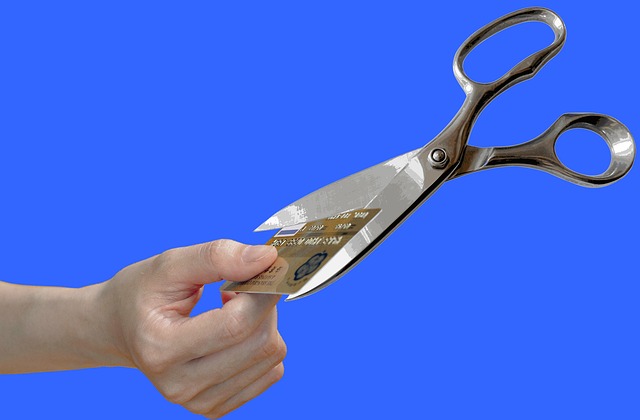Understanding the Impact of Inflation on Personal Finance
When it comes to personal finance, inflation is an often overlooked factor. Yet, it can significantly affect your purchasing power, savings, and investments over time. This article delves into the world of inflation, examining its impact on personal finance and providing strategies to protect your financial health from inflationary pressures.

The Inflation Phenomenon: A Brief Overview
Inflation is the rate at which the general level of prices for goods and services is rising, and subsequently, purchasing power is falling. Central banks attempt to limit inflation, and avoid deflation, to keep the economy running smoothly. While moderate inflation is a sign of a healthy economy, high inflation can erode the value of money.
Inflation and Your Purchasing Power
As prices rise due to inflation, the purchasing power of your money decreases. For instance, if the inflation rate is 2% annually, a coffee that costs $5 today would cost $5.10 next year. This seems like a minor change, but over time, this can significantly erode your purchasing power, especially if your income doesn’t keep pace with inflation.
The Impact on Savings and Investments
Inflation can also eat into your savings and investments. If the interest rate on your savings account is lower than the rate of inflation, the real value of your savings decreases over time. Similarly, if your investments are not generating a return that’s higher than inflation, you’re essentially losing money.
Strategies to Combat Inflation
Understanding the effects of inflation can help you make informed financial decisions. Here are some strategies to consider:
-
Invest in Inflation-Protected Securities: These are government bonds that are indexed to inflation, which helps to safeguard your investment against inflation risk.
-
Consider Stocks: While risky, stocks offer higher returns that can beat inflation over the long term.
-
Real Estate Investments: Real estate can be a good hedge against inflation as property values and the income from rental properties tend to increase during inflationary periods.
-
Diversify Your Portfolio: Having a mix of different types of investments can help protect against inflation.
Remember, it’s always important to consider your personal financial situation and risk tolerance before making investment decisions.
Navigating Through Inflation: Key Takeaways
While inflation is an inevitable part of the economy, understanding its impact on personal finance can help you navigate through it. Remember, the goal is not just to make money, but to preserve purchasing power and increase wealth over time. So, stay informed, make strategic decisions, and review your financial plan regularly to ensure it aligns with the current economic environment. In the face of inflation, proactive financial management is your best defense.





